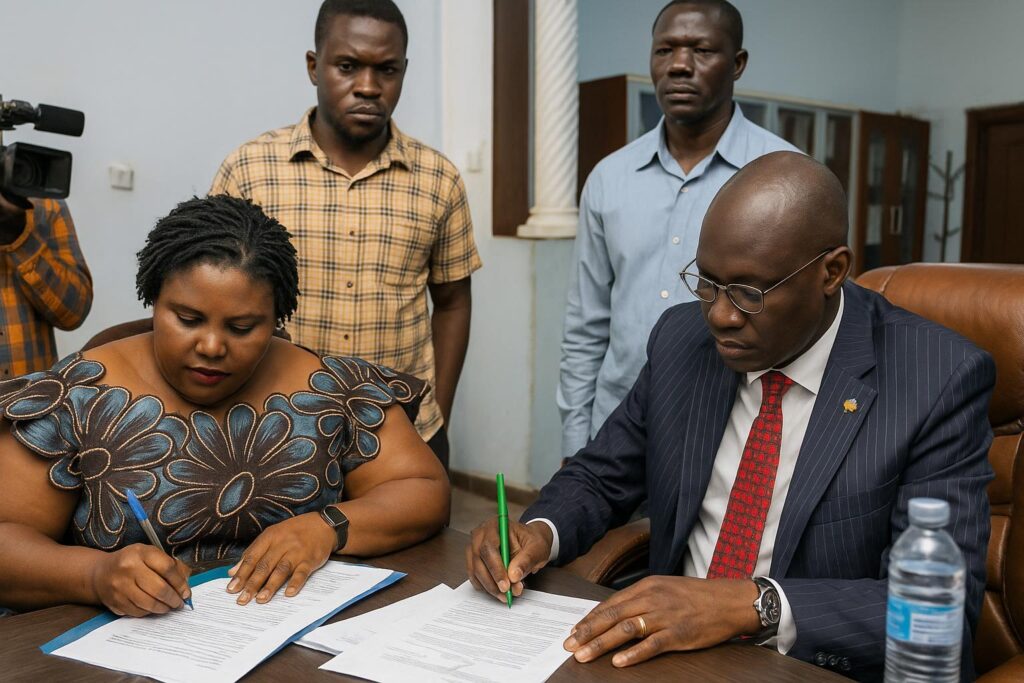World Bank-Backed Resilience Drive
South Sudan has reached a new milestone in its battle against recurrent flooding after signing a $9.98 million agreement with the United Nations Office for Project Services. The deal, financed by the World Bank’s Regional Climate Resilience Program, focuses on water security and flood defenses across vulnerable communities.
Targeted Investments Across States
The one-year plan channels funds into five states, tailoring each intervention to specific local pressures. From dyke repairs in refugee-hosting Maban County to hand-pump rehabilitation in Eastern Equatoria, the blueprint prioritises quick, visible gains that can reduce displacement and disease before next year’s rains arrive.
Maban alone receives $3.05 million for reinforcing earthen barriers and installing drainage pipes, a move expected to protect tens of thousands of refugees and host residents who were cut off by floodwaters in 2022, according to ministry engineers.
Eastern Equatoria secures $2.73 million to restore 60 community pumps and eight water yards, while Upper Nile and Jonglei share a further $2.46 million earmarked for pump repairs, dyke maintenance and the unclogging of drainage channels in Bor Town.
Community Ownership and Safeguards
Project designers stress that local labour and supplier networks will be employed wherever feasible, both to build skills and to keep cash circulating inside rural markets. Environmental and social safeguards, aligned with World Bank standards, form mandatory checkpoints before any contractor breaks ground.
Governance and Accountability Focus
Undersecretary Achter Manyuat John described his ministry as ‘custodian of public resources’ and promised transparent procurement and real-time reporting. Observers note that previous water projects stalled over contract disputes; officials say weekly field inspections will guard against cost overruns this time.
Broader Climate Adaptation Context
UNOPS Country Manager Petronella Halwindi Kasaka framed the deal as part of a regional push to harden infrastructure against climate volatility, which has amplified rainfall patterns across the Nile basin. She argued that reliable water points can also ease pastoral tensions by reducing competition during dry spells.
Regional Lessons to Watch
With the next rainy season only months away, crews are racing to mobilise materials. Success could offer a template for similar low-cost defences elsewhere in Eastern Africa, where extreme weather is eroding hard-won development gains.


